
Recommendation
Working Out Loud (WOL) Circles are one aspect of social media’s impact on evolving work culture. Founder John Stepper put together a 12-week program to help you adopt an open, generous attitude towards others who share your goals. Stepper believes that work is all about knowing what matters to you and how your network shapes who you are. WOL will help you build a “purposeful network” in which everyone is a giver and a receiver, and you work together to change the world.
Summary
About the Author
John Stepper’s WOL movement has spread to over 60 countries and a wide range of organizations.
Learners who read this summary also read
Book
Book
Book
Book








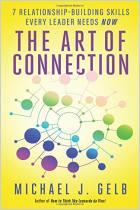
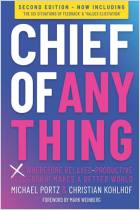
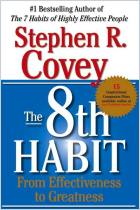
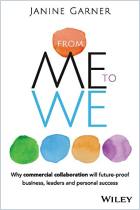
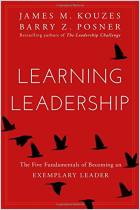
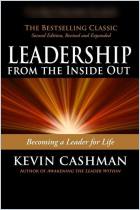

Comment on this summary or Iniciar a Discussão